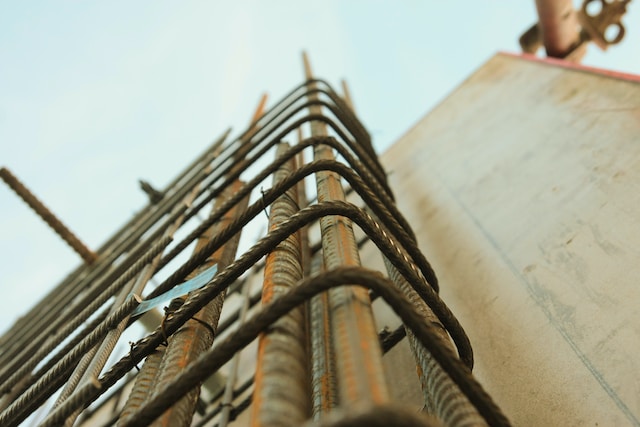How to Prevent Purchasing Old Steel From China in the Steel Trade
Preventing the purchase of old or substandard steel products in the steel trade requires implementing a comprehensive quality control process and due diligence measures.
Here are some strategies to help you avoid purchasing outdated or inferior steel products:
1. Work with Reputable Suppliers
Establish relationships with reputable and reliable steel suppliers who have a proven track record of delivering high-quality products. Conduct thorough background checks and verify their credentials before entering into any agreements.
2. Perform Supplier Audits
Regularly audit your suppliers to assess their manufacturing processes, quality control procedures, and overall compliance with industry standards. On-site inspections can help you evaluate their capabilities and ensure they meet your quality requirements.
3. Request Product Certifications
Ask your suppliers to provide product certifications and relevant test reports to confirm the quality and specifications of the steel products they are offering. Certifications from recognized third-party agencies or accredited laboratories add credibility to the supplier’s claims.
4. Specify Quality Standards in Contracts
Include specific quality standards and requirements in your contracts with suppliers. Define the acceptable level of steel product quality and ensure it aligns with industry norms and your specific needs.
5. Conduct Material Testing
Consider implementing random material testing on delivered steel products to verify their compliance with the agreed-upon quality standards. This testing can be performed by your quality control team or independent third-party laboratories.
6. Inspect and Verify Goods upon Receipt
Thoroughly inspect the steel products upon receipt to confirm that they meet the specified requirements. Promptly communicate any discrepancies or issues with the supplier and take appropriate action as per the contract terms.
7. Build Long-Term Relationships
Cultivate long-term relationships with reputable suppliers. A strong partnership built on trust and mutual understanding can increase the likelihood of receiving high-quality steel products consistently.
8. Monitor Market Prices
Stay informed about the prevailing market prices for steel products. If a deal seems too good to be true, it might indicate the presence of substandard or outdated materials.
9. Engage Third-Party Inspection Services
Consider hiring third-party inspection services to conduct independent assessments of the steel products before shipment. These experts can provide an unbiased evaluation of the product quality.
10. Stay Updated on Industry Standards
Keep yourself updated with the latest industry standards and regulations for steel products. This knowledge will help you make informed decisions and better assess the quality of the products you are purchasing.
By implementing these preventive measures and maintaining a vigilant approach, you can minimize the risk of purchasing old or substandard steel products in the steel trade, ensuring the integrity and reliability of your supply chain.








